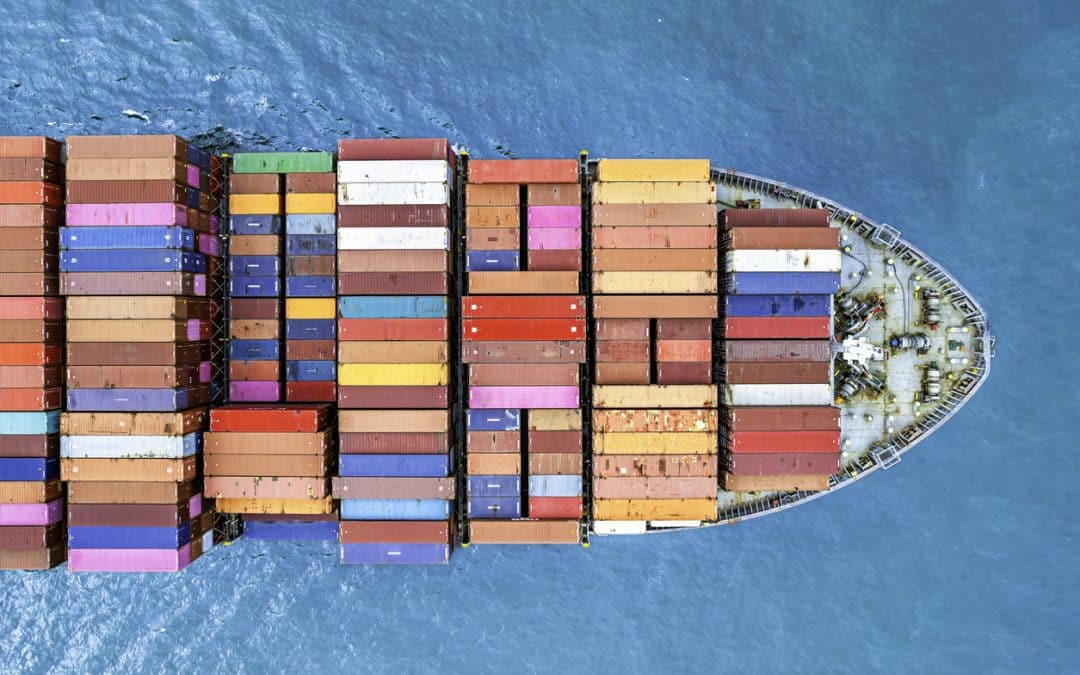At 9:00 am on May 21st, China’s top political authoritative body convened in Beijing for the third plenary session of the 13th National Committee of the Chinese People’s Political Consultative Conference (CPPCC).
The CPPCC is held together with the National People’s Congress (NPC) – together known as the “Two Sessions”. The Two Sessions is the most important annual political conference in China, leading to the Chinese Premier, Mr. Li Keqiang delivering the annual government work report detailing the key targets and policy priorities for the following year.
One of the highlights of the annual working report is the target GDP figures. However, Premier Li announces that this year the Chinese government will not set GDP targets, adding that not setting a specific target for economic growth will enable the government to concentrate on ensuring stability.
Nonetheless, this year’s annual Two Sessions is particularly important. Businesses eagerly wait to see what government policies and further stimulus will be announced to revitalize the Chinese economy in response to the COVID-19 epidemic that took place in the first quarter of this year.
Below are some key facts and takeaways from this year’s Two Sessions:
A look back at 2019 and early 2020:
- GDP reached 99.1trillion yuan, a 6.1% increase over the previous year;
- 13.52million new urban jobs were created and unemployment fell below 5.3%;
- Consumer price index rose by 2.9%;
- Taxes & fees were cut 2.36 trillion yuan, exceeding the 2 trillion-yuan target, with manufacturing and micro and small businesses benefiting most;
- Lin-gang Special Area of the Shanghai Pilot Free Trade Zone (FTZ) was established.
Key Takeaways for foreign businesses
Tax cuts and Fee Reduction – Further reduction of VAT rate for SMEs and share of employee’s basic old-age insurance paid by enterprises, as well as further tax cuts and fee reduction of ~500 billion yuan.
Extending tax stimulus – Policies and economic stimulus announced in response to the COVID-19 epidemic will be extended to the end of the year. This is expected to save enterprises an additional 2.5 trillion yuan throughout the year.
Increased financial support – Extending the current policy allowing MSMEs to delay repayment of principles and interest to March 2021 as well as encouraging banks to substantially increase credit to micro and small businesses.
Streamline administration – move forward with reforms to move government service online and streamline the process for establishing a micro or small-sized business or sole proprietorship.
Stabilize foreign trade – increase credit supply for businesses, extend the coverage of export credit insurance, lower compliance costs for imports and exports, and support the domestic sale of export products.
Restricted/Prohibited industries – negative list for foreign investment will be significantly shortened, while a negative list will also be drawn up for cross-border trade in services. Provide pilot free trade zones greater autonomy in reform and opening up, speed up the construction of a free trade port in Hainan, open more pilot free trade zones in the central and western regions, integrate bonded areas, and expand the pilot opening up of the service sector.
Integra’s Observations
The policy priorities announced during the Two Sessions are both strategic and crucial in response to ensuring the safety of the public, revitalize the economy, and securing employment. The extensions of existing tax policies and a promise of further tax cuts and foreign trade incentives provide essential financial support to foreign companies. The announcement of the shortening of the negative lists for foreign investments and mention of new pilot free trade zone is also likely to garner a more open investing and operating environment.
While the work report delivered by Premier Li Keqiang is notable in that it abandons a GDP target, which has long been a key factor of government policy, it maintains many of the key objectives set out in the past. With more announcements expected, a series of relevant policies based on the premier’s work report will be launched to play a key role in coping with the current economic crisis and maintaining social stability in the future.







